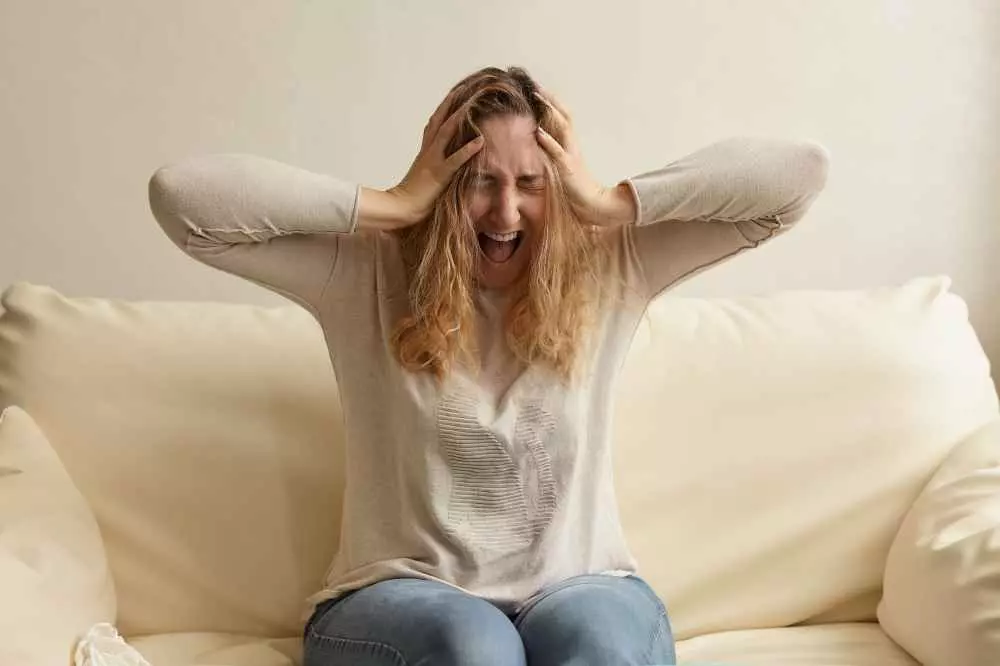Understanding and treating anxiety disorders
Anxiety disorder therapy is a key component in the recovery process for people suffering from various types of anxiety. Disorders such as social phobia, obsessive-compulsive disorder and post-traumatic stress disorder can significantly affect daily life and ability to function. It's worth understanding that anxiety is the body's natural response to stressful situations, but when it becomes excessive and disproportionate, it can become a troublesome disorder.
Without proper therapy, anxiety disorders can lead to a loss of quality of life, social relationships, work or even lead to serious health problems. That's why it's important to pay attention to the symptoms and take action as soon as possible.
What are anxiety disorders?
Anxiety disorders are a group of mental illnesses that are characterized by chronic feelings of anxiety, worry and severe fear that hinder normal functioning. People with anxiety disorders often experience strong feelings of anxiety for no particular reason.
Social phobia is one of the most common anxiety disorders that causes extreme fear and avoidance of social situations. People suffering from this disorder often have difficulty forming relationships, doing group work or public speaking.
Obsessive-compulsive disorder (OCD) is manifested by intrusive thoughts (obsessions) and routine actions (compulsions). People with OCD often feel a great deal of stress and anxiety if they fail to perform certain rituals, which negatively affects their daily lives.
Post-traumatic stress disorder (PTSD) is the result of experiencing a serious trauma or traumatic event. People with PTSD may experience recurring dreams, anxiety and avoidance of anything associated with the traumatic event.
How can therapy help?
Therapy for anxiety disorders is individual and depends on the type of disorder and the needs of the patient. There are many effective therapeutic approaches that can help reduce anxiety symptoms and improve the patient's quality of life.
A common treatment approach is psychotherapy, particularly cognitive behavioral therapy (CBT). In CBT therapy, the patient learns to identify the thoughts and beliefs that lead to anxiety and negative behavior. Then, under the guidance of the therapist, the patient learns coping strategies and gradually makes changes in his or her thinking and behavior.
In some cases, when cognitive-behavioral therapy does not work, the doctor may consider including pharmacotherapy. Antidepressants and anti-anxiety medications can help control anxiety symptoms, but should always be used under the supervision of a doctor.
Patient support and post-therapy care
Therapy for anxiety disorders does not end when the patient leaves the therapist's office. Continued use of coping techniques and social support are key to maintaining the patient's mental health.
Support from family and friends is extremely important in the process of healing and returning to a normal life. Conversations, physical activity, regular rest and healthy eating habits can also help maintain emotional balance.
Improperly treated anxiety disorders can lead to long-term suffering, but therapy can help revitalize a patient's life. The key is early recognition and intervention to allow the patient to recover and function fully in society. Don't hesitate to seek help if you are experiencing anxiety or fears, and anxiety disorder therapy can be crucial to your health and well-being.
Add comment